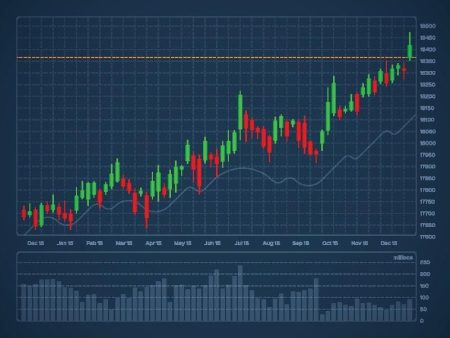Investing in alternative investments is a “wide net,” and like all investments, some are riskier than others. When looking at alternative/accredited investments in real estate, we have already covered the basics of DSTs and focused investments.
Investing in real estate development funds can hedge a portfolio against inflation and rising interest rates (8.5% current prime rate). Most DSTs and REITs that offer real estate exposure are already built properties, and for most people, that is what they want. However, adding a small amount of development to your real estate exposure might provide a more well-rounded investment portfolio.
What is investing in development?
Development is the purest form of opportunistic real estate investing. Opportunistic real estate involves properties with a lower cost to buy, but requires significant work to be up to standard. It may also include redeveloping if the land purchased has some existing structure(s). The level of work needed for the property to be finished increases the potential for greater returns. With annual returns of around 20%, the stock market and other more conservative investments often cannot compete. Remember, the more work required, the more the returns become “potential” returns, as noted in What is an Opportunistic Investment Strategy?. The typical development scenarios include building from the ground up, repurposing, mass renovations for a distressed asset (fixer-upper), or knocking down and then building from the ground up. The more work put in, the more the owners can charge to sell or rent the property, where greater risk and greater returns come into play.
Development investment strategies
Assuming you’re already in or plan to be in the conservative real estate space, remember that all investments need diversification, not just stocks and bonds. We need to cover how to protect ourselves from their potential risk. These variables can be used as factors or deal breakers as you consider adding any real estate development to your portfolio, according to Real Projectives.
Extent: The bigger they are, the harder they fall, being the first variable. Put simply, smaller projects require less of everything, making them a surer deal. This can also apply to the level of work needed, not just the actual size of the project. The extent includes the size of the asset as well as the level of work required.
Location: The location of the development is essential for two reasons: the ability to check on progress and the knowledge of the area. Up-and-coming areas may provide greater returns as land and property value rise, just as the project is. It’s best to have a better knowledge of these areas while having them nearer, as progress for a community can be fragile. Established areas, however, provide that extra layer of security as the finished project is most likely to charge a pretty penny; remember, the investment might cost you similarly.
Financing: Considering the capital structure may assist investors in understanding the development better. Savvy sponsors (who create these for investors) would ask how much is needed in loans, how much was put up in personal investment by the developer, and how much they need to raise from other investors. The less help they need from outsiders, the less you usually have to be concerned about. Looking at the history of the developer and contractor may also be helpful. A successful track record and history of collaborating could indicate that the ride with them may be a lucrative one.
How it compares to stocks and bonds
Similar to stocks and bonds, these investments represent future businesses that will profit from future streams of income as well as pay dividends, or not depending on the deal, but they usually do. Unlike traditional investments in corporations, development investments may offer a more significant dividend along with greater capital appreciation. In the case of apartment complexes, rent will be higher if the structure is more valuable. Debt and equity funds usually offer a seesaw-like choice with a tradeoff between increasing the asset’s value and the income stream of dividends or coupons. When dividends in traditional investments reach over 5%, their capital often won’t return well. In development, that tradeoff decision is removed from the equation, your dividend can still be high, and the future sale of your shares will be unlike your stock in AT&T. Consider that when your dividend stocks are flat in value.
Putting it all together
Luckily for us, there are accredited investments that look at real estate development projects and raise capital from accredited investors to fulfill the project. Currently, we have reviewed several, and they have spanned the real estate landscape from multi-family (apartment) complexes being built from the ground up to a fund that takes defunct properties and makes them into self-storage locations. These projects are usually focused on an individual area or asset type, and the companies who put these investments together usually have “feet on the street” and knowledge of the local region and where the opportunities are.
There are many options to invest passively in real estate, and development funds are part of a well-balanced portfolio for most investors.
Securities offered through Arkadios Capital. Member FINRA/SIPC. Advisory services offered through Creative Capital Wealth Management Group. Creative Capital Wealth Management Group and Arkadios are not affiliated through any ownership
Read the full article here









